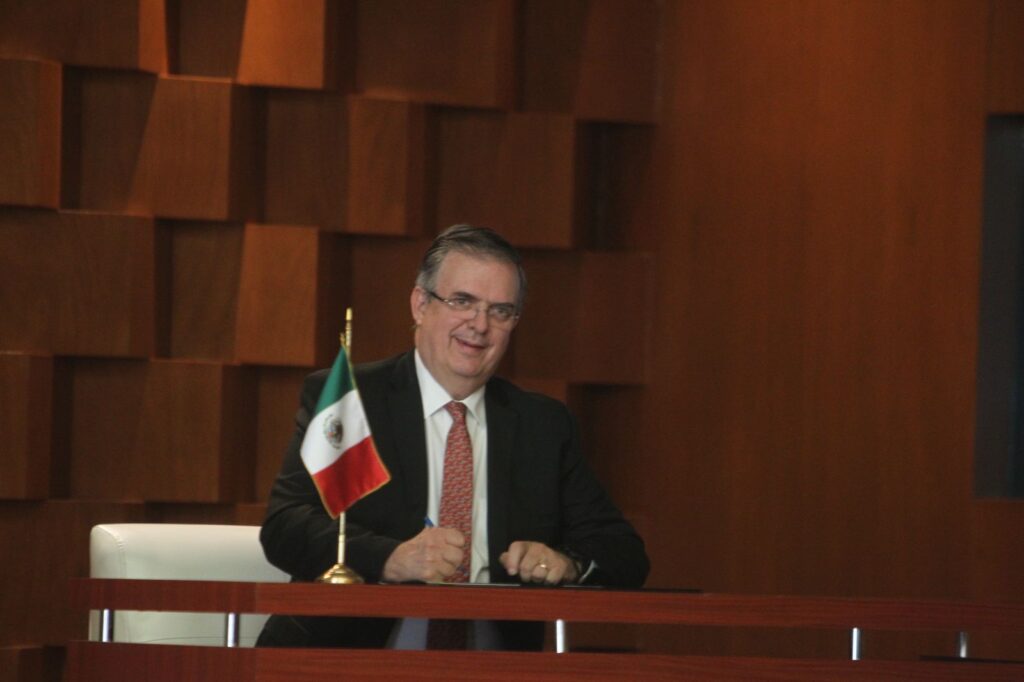The government of the new President of Mexico will give priority to boosting the digital economy, highlighted Marcelo Ebrard, who was appointed as the next Secretary of Economy.
In the first half of 2024, the Ministry of Economy prepared a diagnosis on the digital economy at the national level.
New policies at the Ministry of Economy
This diagnosis analyzed relevant information on various conjunctural issues. Some of these are:
- Payment systems.
- Information security.
- Intellectual property.
- Trade barriers.
In addition, the Ministry of Economy carried out a mapping of the current situation and condition of the digital economy.
Aspects of regulation and norms were also reviewed, both nationally and internationally.
The purpose of this analysis is to provide inputs and recommendations to the Ministry of Economy. In this way, it seeks to promote strategies and public policy proposals.
Finally, three structural issues were considered: e-commerce, digital business and industry 4.0. These aspects are fundamental to improve governance and regulations in the sector.
Digital economy
Ebrard affirmed that the establishment of a digital agency is a priority for Mexico, because half of the country’s economy is outside the digital scheme.
“The great effort is going to be to digitalize the economy, the goal from day one is that digitalization grows in direct proportion to the growth rate that the country has,” he added last September 11, in an interview with the media.
Pacific Alliance
In 2023, the digital economy in Southeast Asia generated $100 billion in revenue, growing at a compound annual growth rate of 27% since 2021, which is 1.7 times faster than the growth in gross merchandise value.
The e-commerce, travel, transportation and media sectors contributed $70 billion in revenue.
Furthermore, in the Pacific Alliance, in March 2024, the Digital Economy Subcommittee agreed on concept notes for a study to promote the deployment of high-speed networks, and recommendations to reduce disparities between applicable rules on the cross-border flow of personal data.
Mexico, Colombia, Chile and Peru make up the Pacific Alliance.

